Canada launches new immigration streams for skilled refugees
Pictured: Nabil, a chef and Syrian refugee, was living displaced in Lebanon. He is now living and working in Ontario, Canada.
This week, the Government of Canada announced that it has launched two new economic immigration streams for skilled refugees under the Economic Mobility Pathways Pilot (EMPP) program.
As Chair of the Global Task Force on Refugee Labour Mobility, Canada has committed to expanding and improving the EMPP in an effort to model refugee labour mobility programs for like-minded countries around the world.
Two new federal streams
The Honourable Sean Fraser, Minister of Immigration, Refugees and Citizenship, announced that Canada has launched two new federal EMPP streams. One is tailored to candidates who have a job offer from a Canadian employer, and the second is available to highly-skilled refugees without job offers.
Through the EMPP Federal Skills Job Offer Stream, Canadian employers can hire qualified candidates to fill a wide range of in-demand roles, including nurse aides, personal support workers, long-term care aides, software engineers, web designers, mechanical and electrical engineers and technicians, logistics and warehouse workers, tourism and hospitality workers, truck and delivery drivers, and more.
The EMPP Federal Skills Without a Job Offer Stream recognises that there is such high local demand for certain skill sets that appropriately qualified refugee candidates will very likely find work soon after they arrive in Canada.
Skilled refugees can also continue to apply through existing regional EMPP programs.
Transformative impact
In expanding opportunities for skilled refugees in Canada, the Government is tapping into a talent pool that is often overlooked. These new immigration streams will allow Canada to not only boost economic immigration and fill in-demand jobs, but also to complement its humanitarian commitments.
“These new federal pathways for EMPP will have a transformative impact on labour shortages across Canada, in key sectors like health care, tourism and hospitality, and construction, as well as on the lives of displaced people” said Lara Dyer, TBB Canada Director. “We congratulate the Government of Canada for continuing its international leadership in refugee labour mobility”.
Bassel Ramli of Jumpstart Refugee Talent commented that “We are thrilled about the introduction of Canada's new EMPP federal streams, simplifying and speeding up the process for employers to hire and relocate talented individuals from displaced populations. This initiative addresses chronic talent shortages across various sectors… It's an exciting opportunity for businesses to find the skilled workforce they need, while providing a fresh start for those seeking refuge. Together, we are building a stronger, inclusive nation”. In Canada, TBB and Jumpstart work together with Fragomen to facilitate job-matching between Canadian employers and displaced job seekers, and to ensure a seamless, end-to-end immigration process.
Employers welcome the news
“Long-term care homes desperately need talent, and there are capable workers around the world who are ready to provide excellent care” said Jodi Hall, CEO of the Canadian Association of Long-Term Care. “It’s critical we open up the immigration pathways for them. By long-term care focusing on the EMPP and other new immigration opportunities, we are taking concrete steps to improve the care older Canadians will receive, coast-to-coast.”
Susie Grynol, President and CEO of the Hotel Association of Canada said “Today’s announcement makes significant headway in aligning immigration policy with labour force needs to the benefit of both refugees and Canadian businesses. The inclusion of TEER 4 and TEER 5 occupations in the EMPP will help hotels fill in-demand, year-round positions like housekeepers, while providing meaningful employment and stability to refugees. We are grateful to the Government of Canada for partnering with our industry to find innovative solutions to our labour crisis that work for everyone”.
“Similar to many industries in Canada, the mechanical contracting sector is facing acute labour shortages that have the potential to significantly hamper productivity and slow economic growth,” said Tania Johnston, CEO, Mechanical Contractors Association of Canada. “Through the Economic Mobility Pathways Pilot, the Government of Canada has provided employers with an important tool to address skilled worker shortages and to supplement our domestic training capacity with the permanent skilled workers we will need from abroad. As an association, we are excited about the innovative changes being introduced, which will create a more efficient and cost-effective means for employers to access a talented pool of workers.”
Learn more
Skilled refugees who wish to be considered for employment opportunities in Canada can register on the Talent Catalog and learn more about eligibility for the pathways from the Government of Canada’s website.
Canadian employers who are interested in hiring from this talent pool are invited to learn more about the recruitment process, and complete our Request to Hire form.

